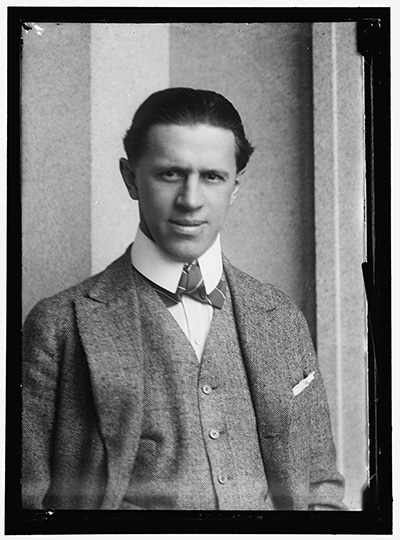
Posted on 05/19/2023 7:50:11 AM PDT by bitt
Matt Farwell's painstaking timeline of over a hundred years of American information suppression, secret bureaucracies, and "anti-disinformation" scares
The turn of the last century brought an age of revolutions, industrial warfare and nearly instantaneous communications across long distances. With these developments came an emphasis on another method of war: information war. This was the type of fight waged with what World War II Deputy Director of the Office of Censorship, Theodore F. Koop, called “Silent Weapons,” in a wartime memoir he published in 1946. Wrote Koop:
The censors’ shears were bayonets that not only formed a rear-guard national defense but also struck hard at the enemy in all three phases of warfare—military, economic, and psychological.
Koop would go on to run CBS News in Washington, DC. Well-known as a powerful media figure, he was also a trusted one, the man who hired Walter Cronkite.
Less well-known was that in 1955, President Dwight D. Eisenhower asked him to run a secret national censorship program intended for use in Cold War emergencies. He accepted the offer while still a network news executive, serving in that contingency role under Eisenhower, Kennedy, Johnson and Nixon.
The methods of censorship had changed over time, matching changes in the communication technology. During World War I, the United States Government used the Postal Service, the Comstock laws and the reliance on publications reaching subscribers by mail as a wedge. When radio and television broadcasts became pre-eminent, the newly formed Federal Communications Commission began using its authority as stewards of the public airwaves to watch over content. Under the FCC Act of 1934, ostensibly private corporations like CBS, ABC and NBC were allowed to use the public airwaves only under license, acquiring revenue and learning the power of shaping the discourse from the nascent field of advertising.
Though it all, one thing has been remarkably consistent. Government targeted for special attention journalists who reported accurately on the ugly truth of American foreign policy, such as John W. Powell. Powell was an American journalist based in Shanghai who wrote a series of articles for the China Monthly Review (later, the Weekly Review), which said the Chinese government claimed the United States was using biological weapons in the Korean War. He was put on trial for sedition in 1959. The case dragged on in federal court in San Francisco for five years before the charges were dropped. It was enough to make him leave journalism forever.
...more
long but interesting
Wow.
An article that long and he forgot to mention the Creel Committee - the Committee on Public Information. America’s very first censorship and propaganda board.

https://archive.org/details/howweadvertameri00creerich

.
Ping
Thanks for posting this incredible insight to a century +++ of (censored)!
Good post.
That is why you cannot trust any “official history” written by “eminent historians”.
When lies are your database all you can get is more lies.
It’s progressives who tell us who the “eminent historians” are, which are just progressive historians; fellow travelers.
That’s how progressives ended up taking over history and making themselves invisible. Normally you only hear about how bad journalism is in the context of the mainstream news media but the situation on the historical front is just as bad.
Progressives have basically controlled history since before the New Deal.
Re:”The case dragged on in federal court in San Francisco for five years before the charges were dropped. It was enough to make him leave journalism forever. “
^^^
This continues on to this day.
Disclaimer: Opinions posted on Free Republic are those of the individual posters and do not necessarily represent the opinion of Free Republic or its management. All materials posted herein are protected by copyright law and the exemption for fair use of copyrighted works.